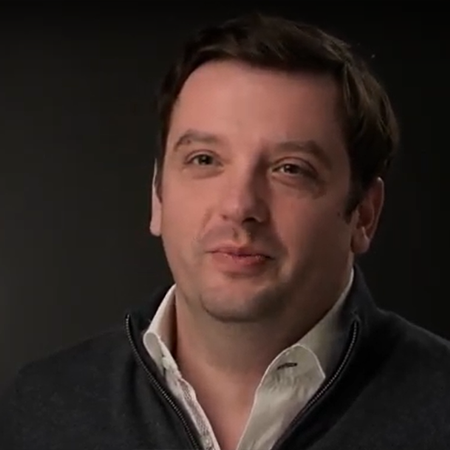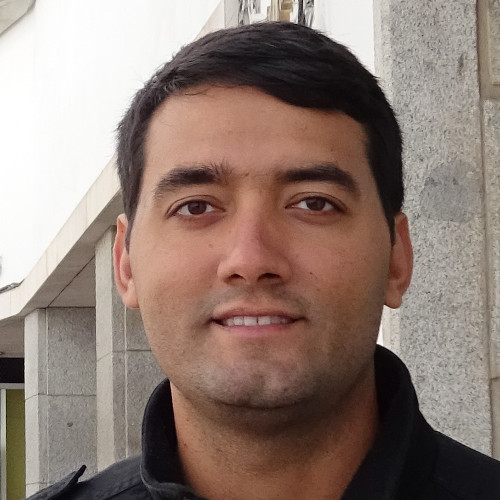
Carlos Evangelista
ABGD
Graduado em Engenharia e Direito, pós graduado em Comunicação de Marketing, especialização em “Política & Estratégia” e MBA em Marketing pela FEA/USP.
Atua no setor de Energia há mais de 20 anos, tendo trabalhado na direção de empresas globais como Ericsson Telecomunicações , Avaya Telco., Leuze Electronic e VIS Technology, empresa especializada em projetos especiais com fonte Solar Fotovoltaica.
Desde 2009 participou de vários projetos de Geração Distribuída com fonte solar fotovoltaica, tendo contribuído para a divulgação do segmento e nacionalização do setor, sendo um dos responsáveis pelo startup da primeira indústria nacional de módulos fotovoltaicos, em 2010.
Em 2012 coordenou o grupo consultivo da ABINEE (Associação Brasileira da Indústria Eletro-Eletrônica) no trabalho publicado “Inserção da Energia Solar Fotovoltaica na Matriz Elétrica Brasileira”.
Em 2013 desenvolveu e firmou parcerias com investidores internacionais, finalizando o primeiro contrato de investimento solar sob a Lei 8.666 em um município do Estado de São Paulo, utilizando o modelo de PPA.
Em 2014 recebeu prêmio da FIESP (Federação das Indústrias de SP) com o melhor projeto na categoria construções sustentáveis. Em 2016, 2018 e 2019 foi escolhido pela “Full Energy” entre os 100 profissionais mais influentes do setor de Energia Elétrica
Atualmente é o presidente da ABGD – Associação Brasileira de Geração Distribuída, associação que congrega mais de 800 empresas que atuam em Geração Distribuída com fontes renováveis de energia.














